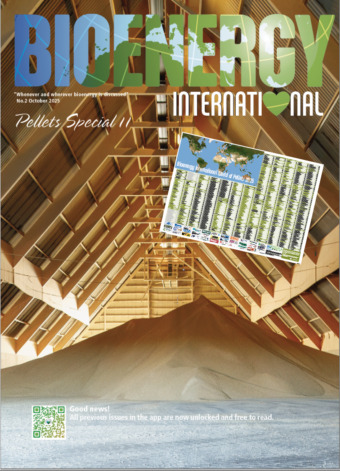According to the European Biodiesel Chain, the European Parliament plenary vote January 17 on the post-2020 EU Renewable Energy Directive (RED II) rebalanced an initially negative report from the Committee on Environment, Public Health and Food Safety (ENVI) and represents a step in the right direction for the Committee on Industry Energy and Research (ITRE) Rapporteur to negotiate with the Commission and Council in the upcoming trilogue negotiations.

The European Biodiesel Chain, an umbrella advocacy network consisting of the European Biodiesel Chain Vegetable Oil and Proteinmeal Industry Association (FEDIOL), European Biodiesel Board (EBB) and European Oilseed Alliance (EOA) Association, underlines the fact that, as in the Council position, the Parliament decided not to reopen the debate on indirect land use change (ILUC), which was settled in 2015.
The Parliament’s vote on a 12 percent renewables binding target is also a “step in the right direction”, although not matching the 14 percent target agreed by the Council.
Additionally, the Parliament’s decision to limit the contribution of crop-based biofuels to current consumption levels in each Member State does not recognise their key role in the decarbonisation of the EU energy mix.
This approach does not support the EU agriculture and protein sectors nor respond to COP21 climate ambitions. Going forward into trilogues, maintaining the 7 percent share for crop-based biofuels and including them in the incorporation obligation is therefore vital.
Today’s Parliament position recognises that the ILUC debate is over. Now, in the trilogue negotiations we expect a realistic and fact-based discussion to raise further the EU decarbonisation ambitions in the transport sector and secure a role for the EU biodiesel industry. A clear mandate for operators including a 7 percent crop-based biofuels – as proposed by the Council – is a necessity in this sense, said Raffaello Garofalo, Secretary-General, EBB speaking on behalf of the EU Biodiesel Chain.


